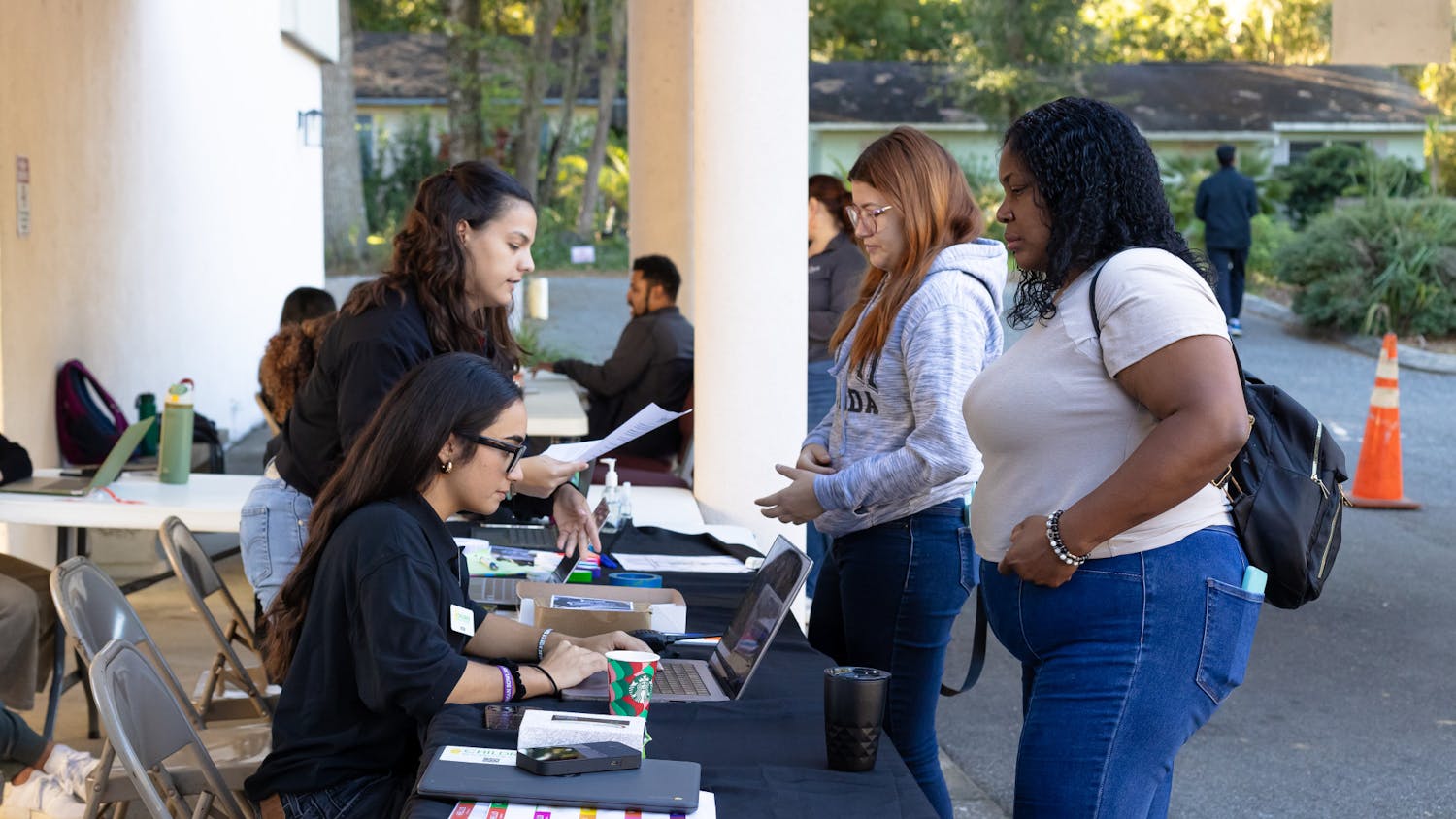After the first case of the Ebola virus in the U.S. was diagnosed last week, many Americans were struck with a fresh wave of panic and fear.
In covering the diagnosis, the media used words like “alarming,” “desperate” and “frantic” to describe the current situation in our country. Social media subsequently exploded with tweets and posts expressing a combination of suspicion, worry and fury.
Some people were outraged that we haven’t severely tightened travel restrictions or closed our borders, while others felt extremely skeptical about the ability of the Centers for Disease Control and Prevention, the U.S. federal public health agencies, to protect us from an outbreak.
I’ve seen a number of Facebook posts from my friends asserting that Ebola is much more serious than our government is telling us. Undoubtedly, many others share this view.
I understand the fears. The Ebola virus has a fatality rate of about 50 percent and has already killed almost 4,000 people in West Africa. Ebola is considered to be a humanitarian crisis that requires immediate attention from the international community.
Ebola is scary, and I certainly don’t blame anyone for being worried about it. However, it’s nearly impossible to have a calm and rational discussion about the issue when so many people are being misinformed.
The prominent news outlets spreading the hysteria about Ebola should be ashamed of themselves.
Rather than focusing on facts and evaluating the situation objectively, news programs have sensationalized Ebola simply for the sake of increasing their ratings.
Was it truly necessary for news stations to send their camera crews on helicopters to record the ambulance taking the diagnosed man to the hospital? How do these media outlets justify spending hours of news coverage discussing the search for a homeless person who might have been in contact with the man?
One news commentator even accused a guest on the show — a reputable medical professional — of speaking too calmly about the issue.
Miles O’Brien, a science journalist, recently described the irresponsibility and foolishness of this media sensationalism. “I wish everybody could take a deep breath and take a break from trying to pull viewers in by scaring them,” he said. O’Brien added that this is a level of ignorance “we should not allow in our media.”
Instead of acting like the world is ending and obsessing over the very unlikely possibility that a serious Ebola outbreak will occur in the U.S., news outlets should simply give viewers an overview of the most important information.
Contrary to the implications of all the media hype, Ebola is relatively difficult to contract. The virus can only be spread through direct contact with an infected person’s bodily fluids, and an infected person does not become contagious until he or she begins developing symptoms.
You are much more likely to catch the flu, which can be spread through the air and is contagious even when an infected individual doesn’t appear to be sick.
While it is true that Ebola has spiraled out of control in West Africa, that region is home to some of the world’s most impoverished nations.
These countries lack basic medical infrastructure and do not have the proper resources to inform the public about how to prevent infection.
It is incredibly sad that Ebola is spreading in an area that is so ill-equipped to deal with an outbreak, but it is quite unrealistic to assume that the same outcome will occur in the U.S.
Hopefully, more people will learn the facts about Ebola before giving in to panic and paranoia.
Fear and ignorance are contagious, too, and we must avoid spreading them.
Moriah Camenker is a UF public relations senior. Her columns appear on Tuesdays.
[A version of this story ran on page 6 on 10/7/2014]




